Where We Work
See our interactive map

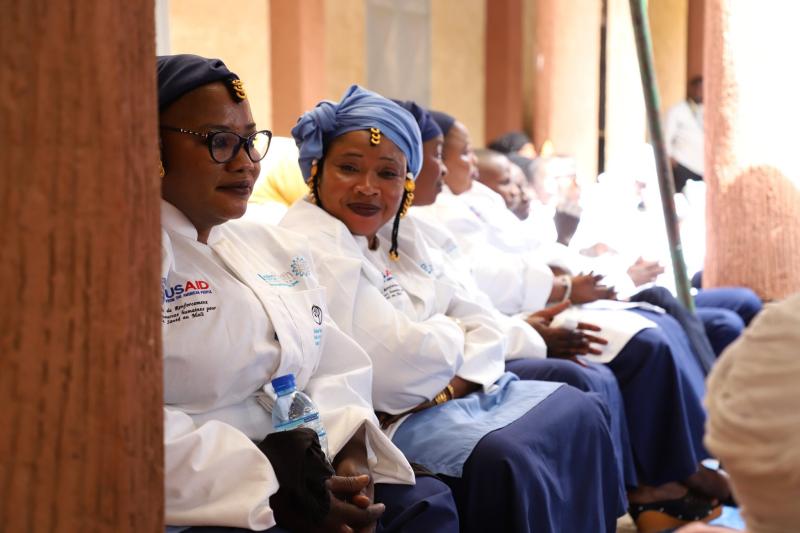
Official graduation ceremony of the Gao School of Nurses in February 2020. Photos taken by Emilienne Adibone Assama for IntraHealth International.
Last month, 126 new health workers graduated from the Gao Nursing School in remote northern Mali, a major step for a region that has a shortage of health workers. Mali has only six health workers per 10,000 people (the World Health Organization recommends at least 23 for every 10,000 people), and the shortage is especially acute in the north, where violence and extremism over the past decade have left many without access to care.
IntraHealth International has partnered with Mali’s Ministry of Health to support the Gao Nursing School since it opened in 2001. The school is now responsible for graduating 89% of all the health workers in northern Mali, according to a new report by the US Agency for International Development (USAID). And it has also proved resilient. Over the past two decades, it has served as a haven for women with obstetric fistula, been damaged and occupied by rebels, and has now recovered to once again to produce new, well-trained nurses and midwives for the region’s population.
“A lot of people were skeptical because the school is in such a rural area,” says Cheick Touré, IntraHealth’s country director in Mali. “But we started a scholarship fund and now, the Gao Nursing School is self-sustaining and 89% of students pass their annual tests.”
Providing scholarships to local students makes them much more likely to stay in their communities after they graduate and provides much-needed health services to the populations there. The USAID report also found that:
“It is a very different success model of health worker retention for rural areas,” says Jeanne Tessougué, chief of party for IntraHealth’s Human Resources for Health Activity. “Health workers who come from the southern regions usually only stay a few years but people from Gao stay in the field for an average of ten years. It’s a success story of location and localization in initial training. It’s a local and sustainable solution.”
Keeping health workers in the region has been particularly hard since 2012, when rebel groups took control of the north, and a coup d’état overthrew what had previously been one of the most stable democracies in West Africa. Now, intercommunity conflict is still part of life, access to basic services is a challenge, infrastructure is lacking, and the economy is poor. Scholarships to the Gao Nursing School can be life-changing for both students and the community.
“I spoke to a graduating student who received a scholarship from us,” Tessougué says. “Her parents came for the ceremony and it was really emotional to see them. They come from a difficult context and without the scholarship, it wouldn’t have been possible for their daughter to reach her dream.”
IntraHealth’s Human Resources for Health Activity is funded by USAID. Our programs in Mali increase the number of health workers in hard-to-reach areas and have developed a national training policy and strategy with the Ministry of Health to help rural regions develop their own health workers, starting with nurses and midwives. We continue to work with the school to develop and update curricula and provide students with scholarships.
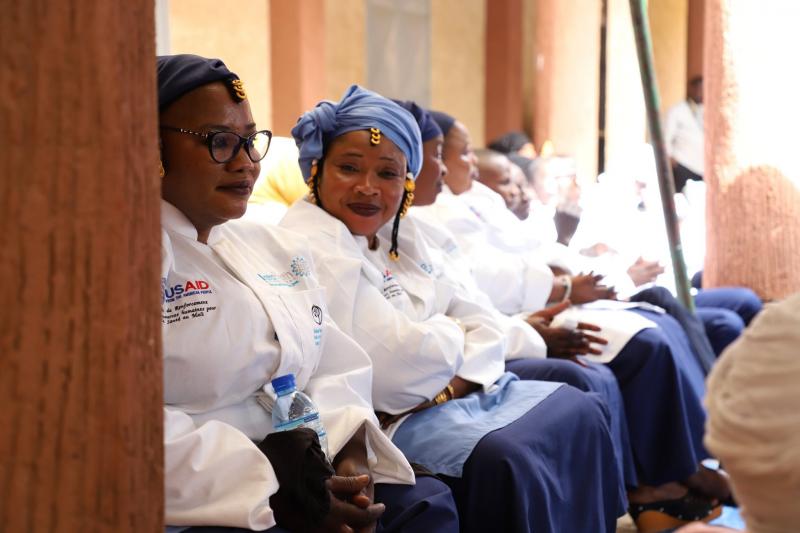
Official graduation ceremony of the Gao School of Nurses in February 2019. Photos taken by Emilienne Adibone Assama for IntraHealth International.
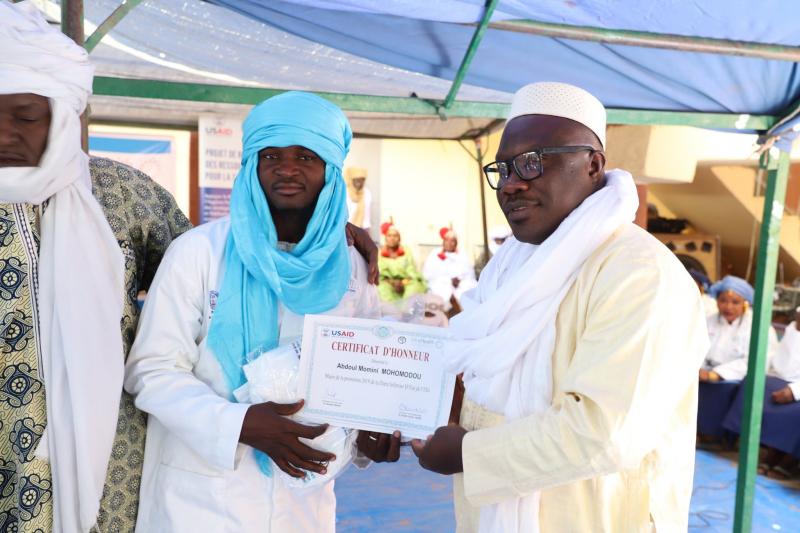
Official graduation ceremony of the Gao School of Nurses in February 2019. Photos taken by Emilienne Adibone Assama for IntraHealth International.
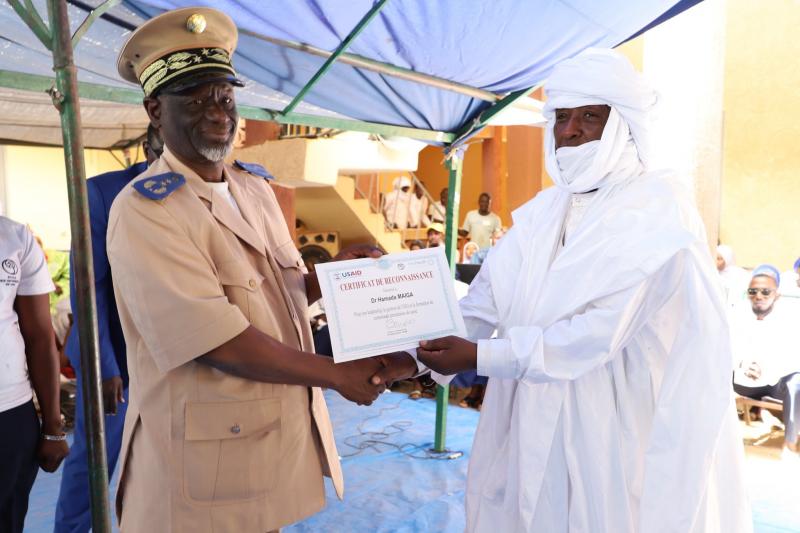
Official graduation ceremony of the Gao School of Nurses in February 2019. Photos taken by Emilienne Adibone Assama for IntraHealth International.
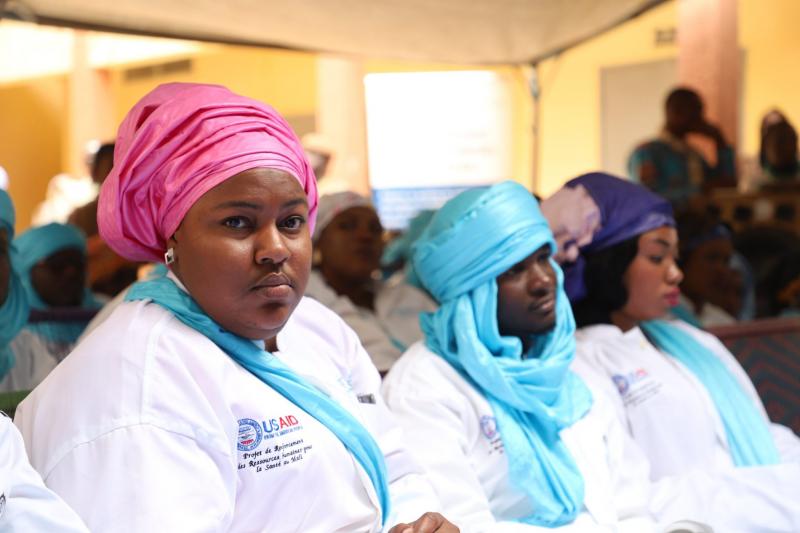
Official graduation ceremony of the Gao School of Nurses in February 2019. Photos taken by Emilienne Adibone Assama for IntraHealth International.
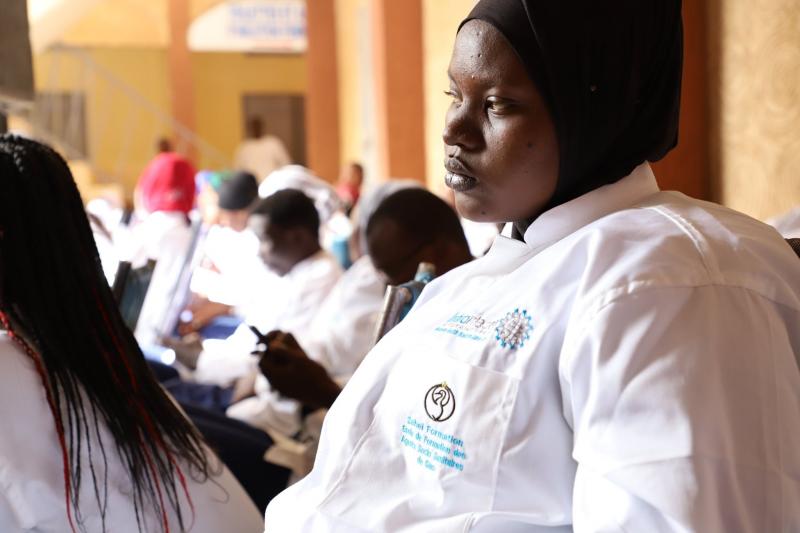
Official graduation ceremony of the Gao School of Nurses in February 2019. Photos taken by Emilienne Adibone Assama for IntraHealth International.
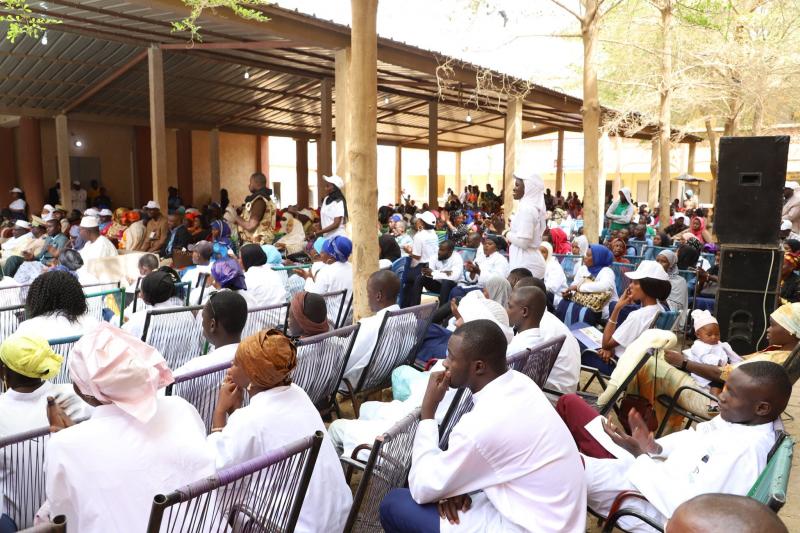
Official graduation ceremony of the Gao School of Nurses in February 2019. Photos taken by Emilienne Adibone Assama for IntraHealth International.
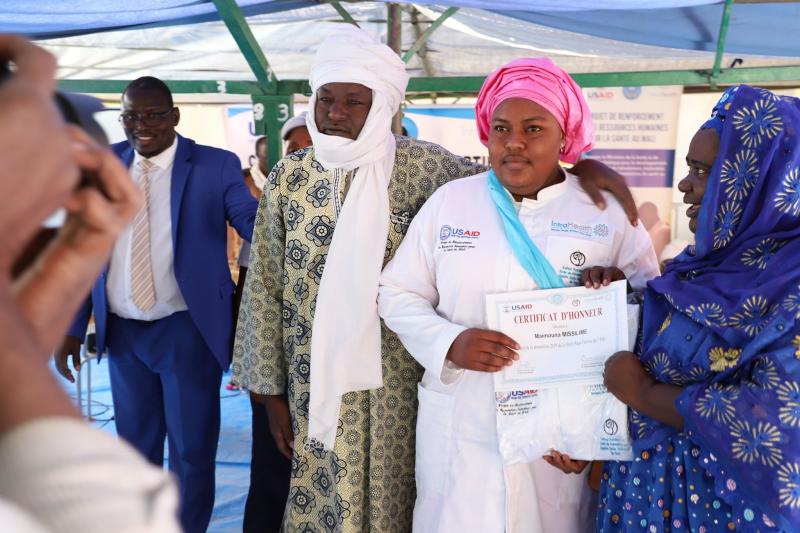
Official graduation ceremony of the Gao School of Nurses in February 2019. Photos taken by Emilienne Adibone Assama for IntraHealth International.
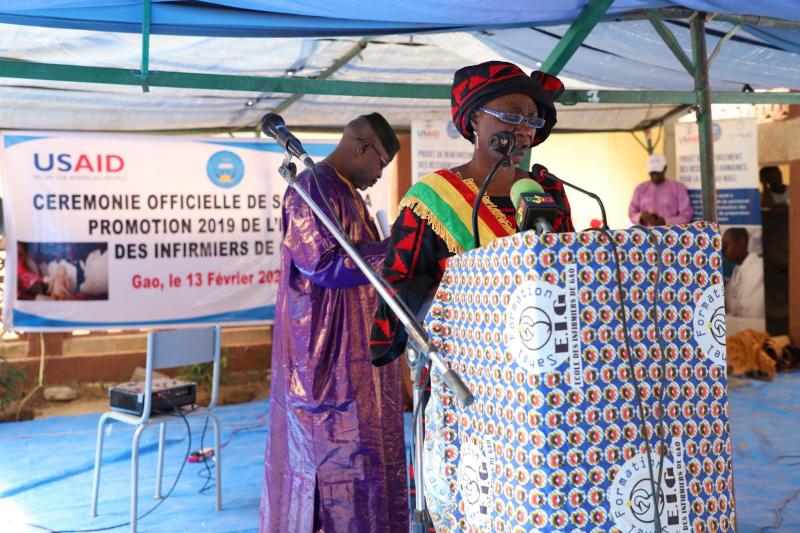
Official graduation ceremony of the Gao School of Nurses in February 2019. Photos taken by Emilienne Adibone Assama for IntraHealth International.
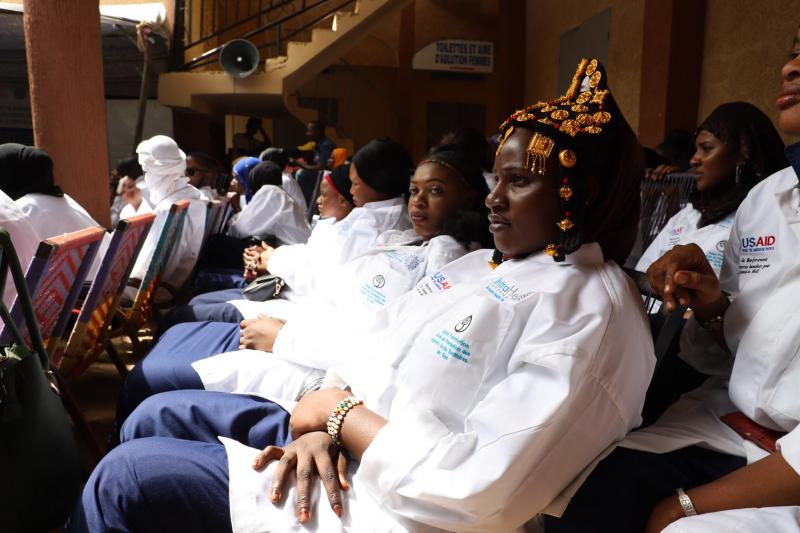
Official graduation ceremony of the Gao School of Nurses in February 2019. Photos taken by Emilienne Adibone Assama for IntraHealth International.
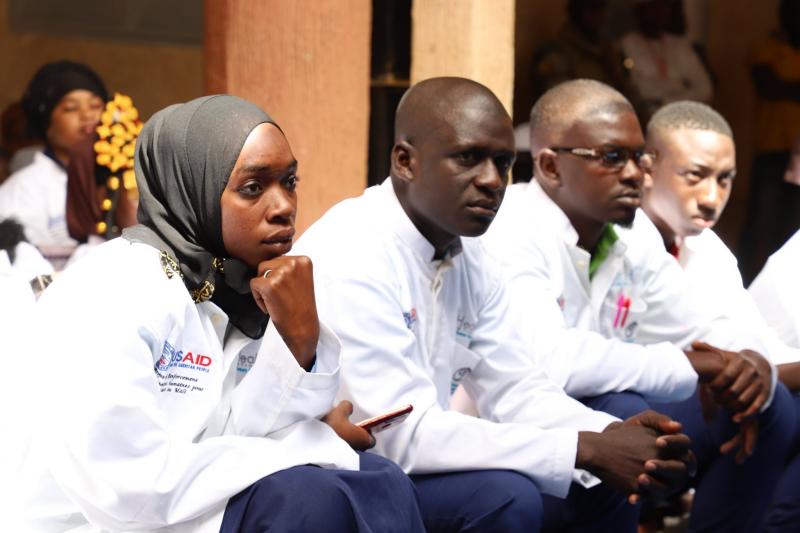
Official graduation ceremony of the Gao School of Nurses in February 2019. Photos taken by Emilienne Adibone Assama for IntraHealth International.
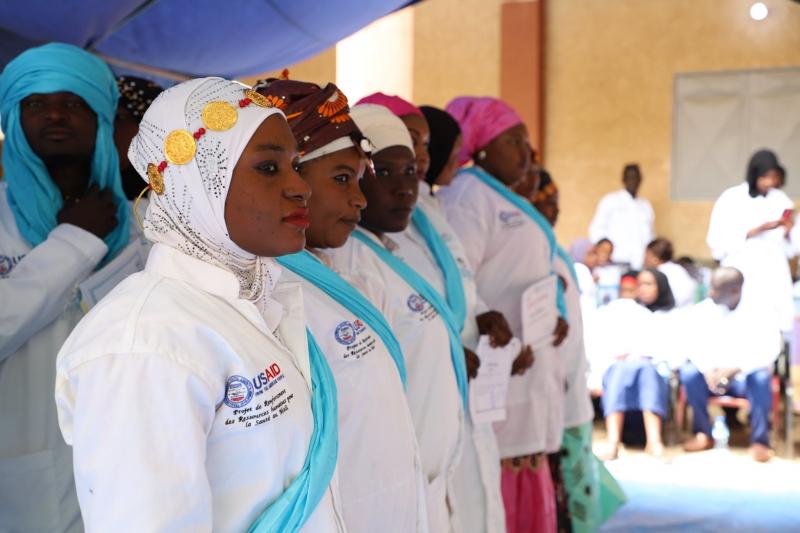
Official graduation ceremony of the Gao School of Nurses in February 2019. Photos taken by Emilienne Adibone Assama for IntraHealth International.
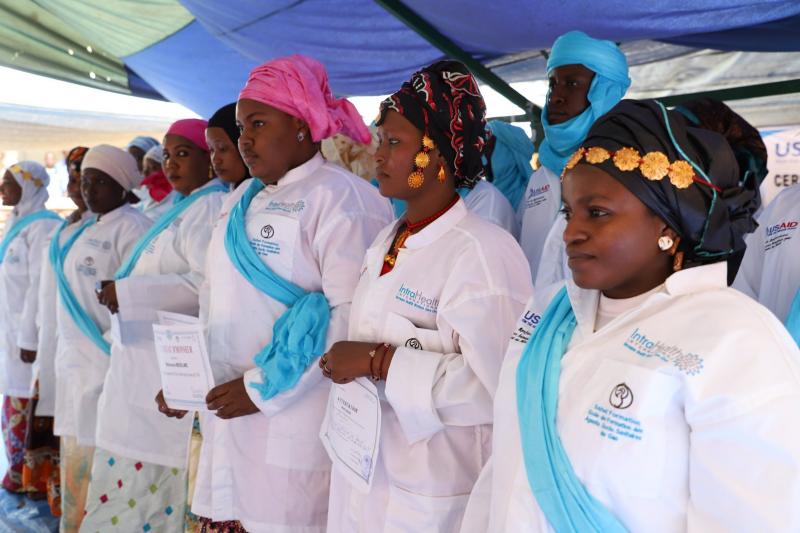
Official graduation ceremony of the Gao School of Nurses in February 2019. Photos taken by Emilienne Adibone Assama for IntraHealth International.
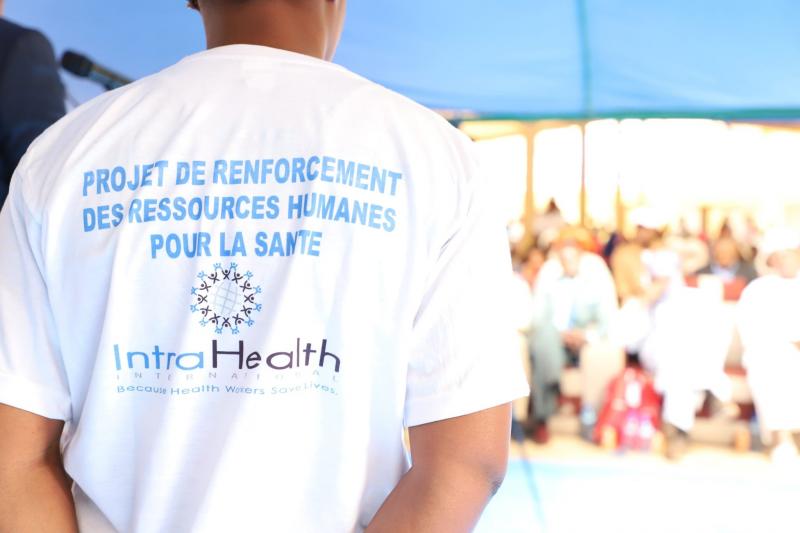
Official graduation ceremony of the Gao School of Nurses in February 2019. Photos taken by Emilienne Adibone Assama for IntraHealth International.
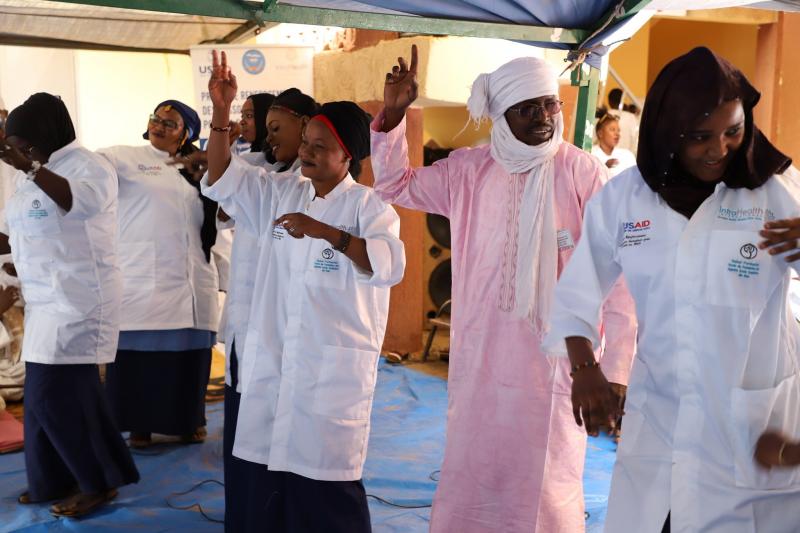
Official graduation ceremony of the Gao School of Nurses in February 2019. Photos taken by Emilienne Adibone Assama for IntraHealth International.



